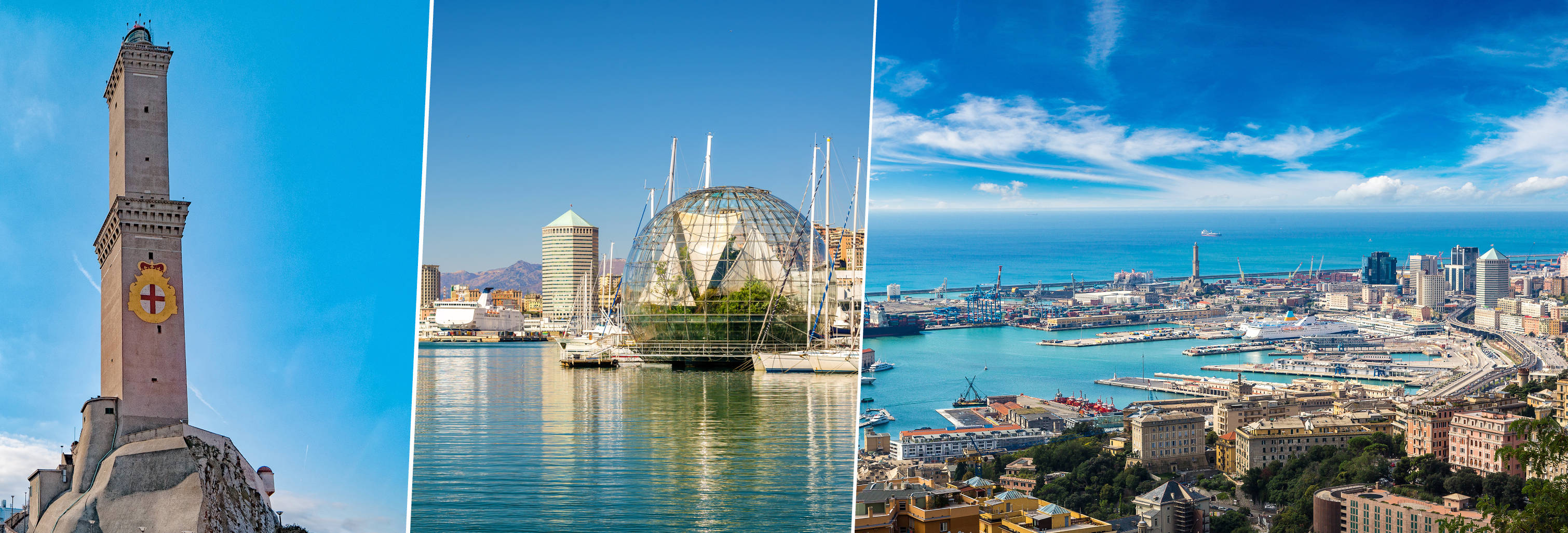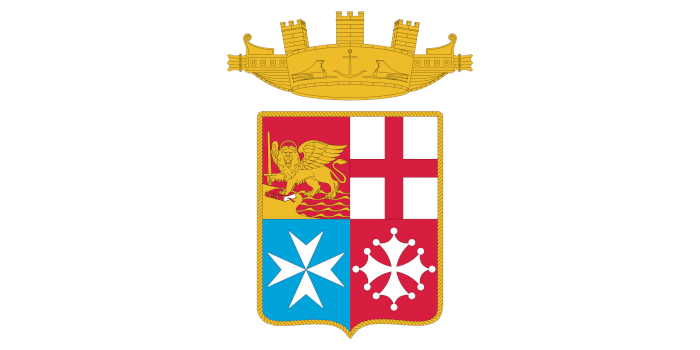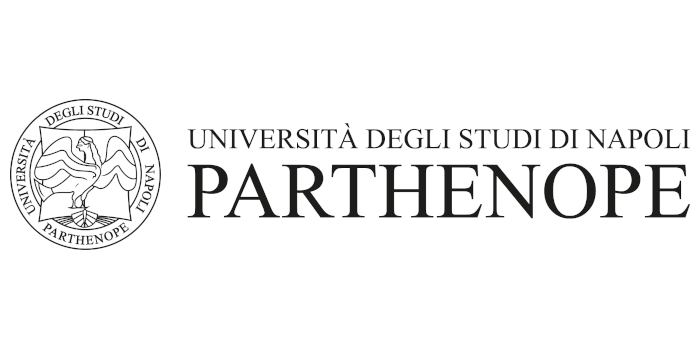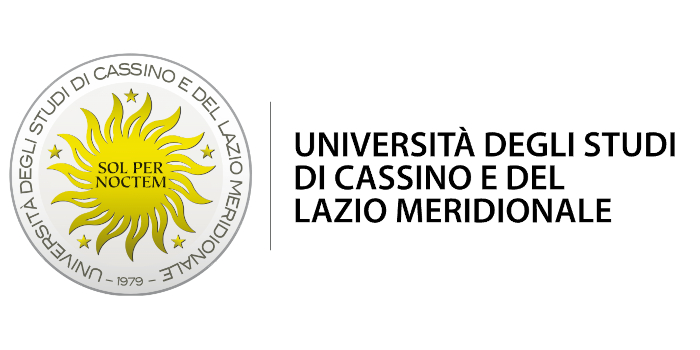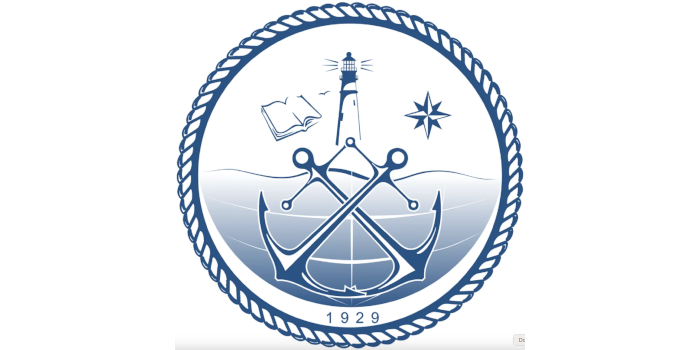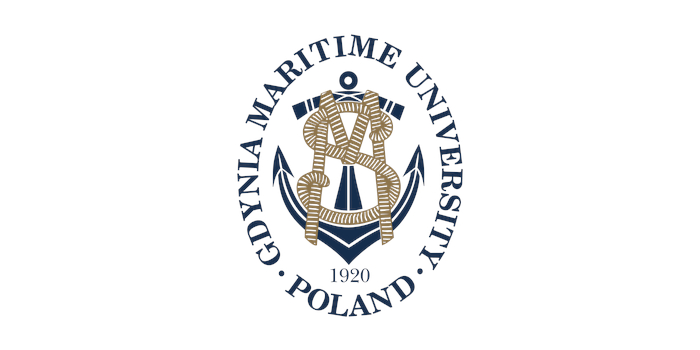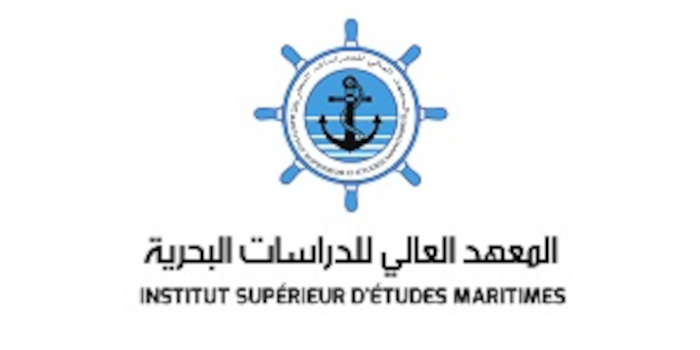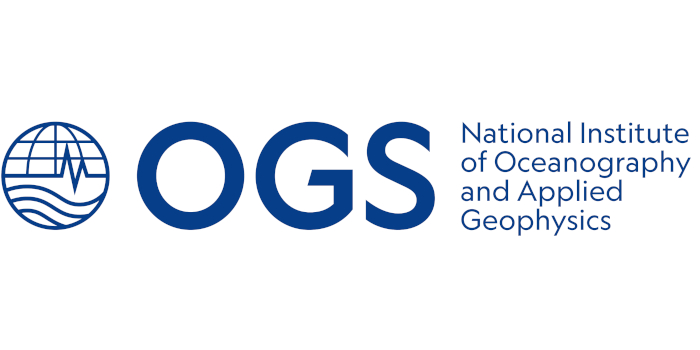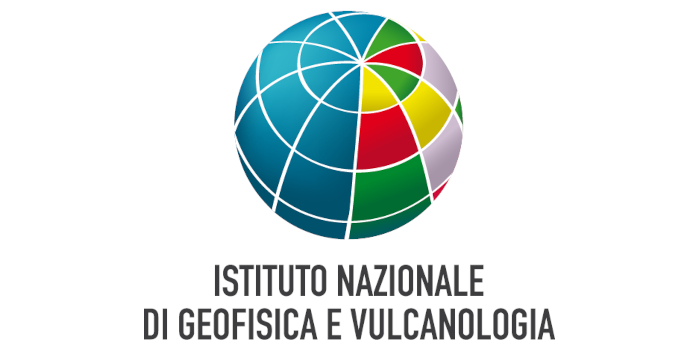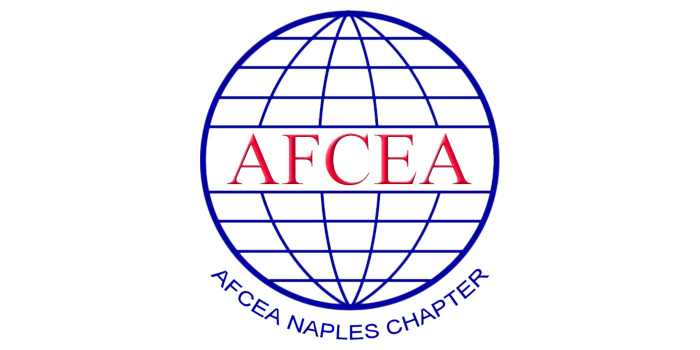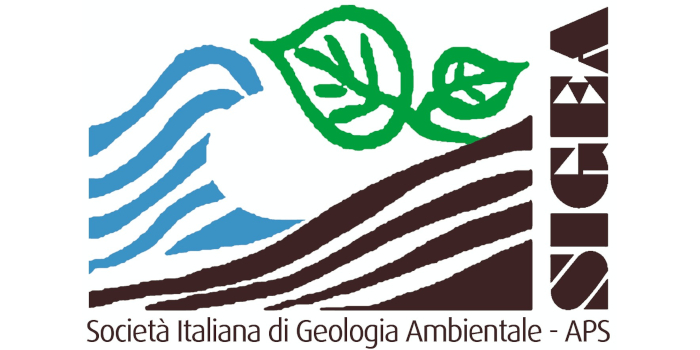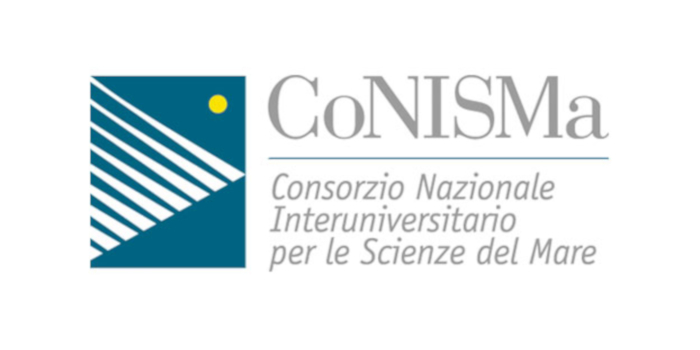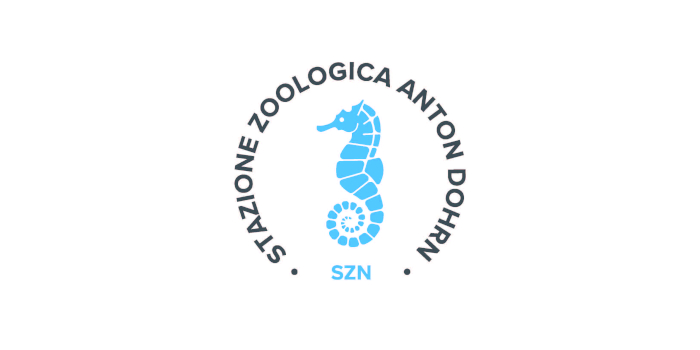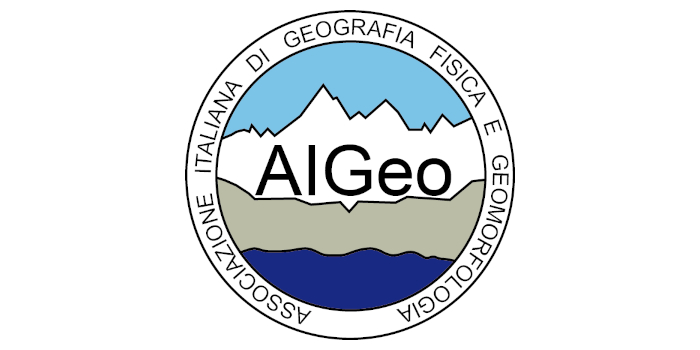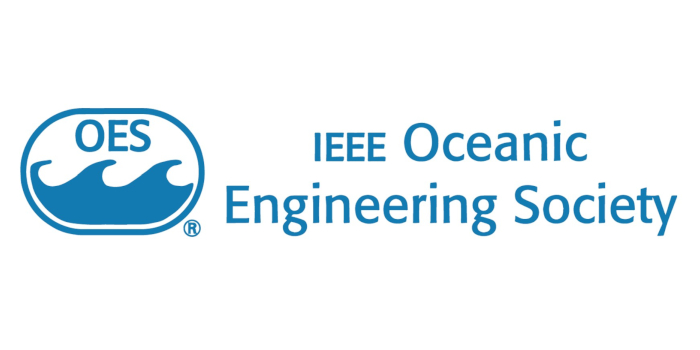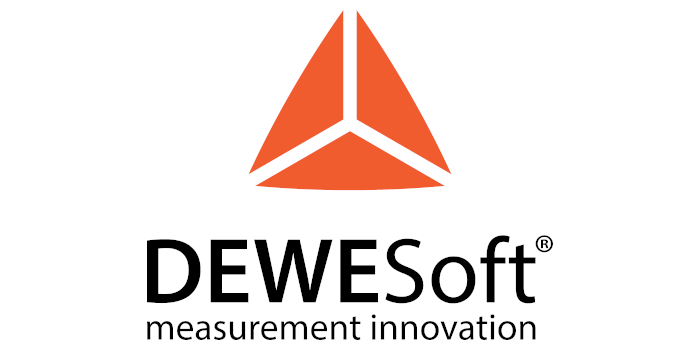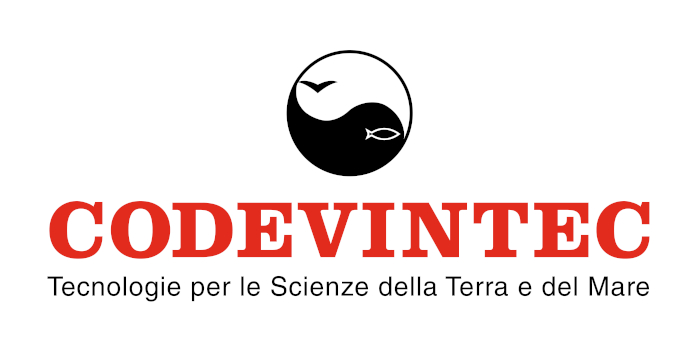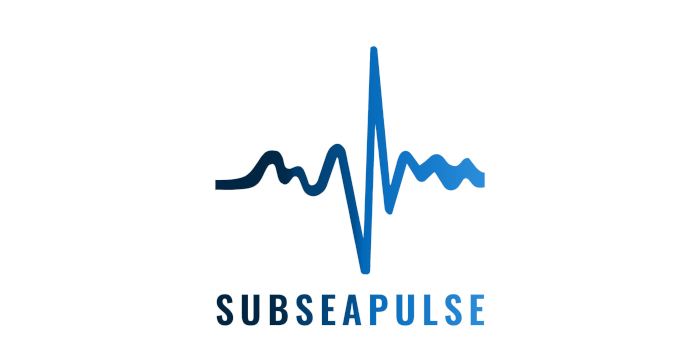SPECIAL SESSION #4
Artificial Intelligence for Marine Ecosystem Monitoring, Biodiversity Conservation, and Climate Change Impact Assessment
ORGANIZED BY
Fabiana Di Ciaccio
University of Florence, Italy
Paolo Russo
University of Rome "La Sapienza", Italy
Roberto Pierdicca
Polytechnic University of Marche, Italy
Eva Savina Malinverni
Polytechnic University of Marche, Italy
Rosalia Maglietta
Institute of Intelligent Industrial Systems and Technologies for Advanced Manufacturing, CNR, Bari, Italy
Carla Cherubini
Institute of Intelligent Industrial Systems and Technologies for Advanced Manufacturing, CNR, Bari, Italy
Giulia De Masi
Sorbonne University, Abu Dhabi
ABSTRACT
The world's oceans and seas host an extraordinary diversity of marine life and provide essential ecosystem services for human societies. However, they face unprecedented threats from anthropogenic pressures such as overfishing, pollution, habitat degradation, and accelerating impacts of climate change. Rising ocean temperatures, acidification, salinity exacerbation, and extreme weather events are reshaping marine environments, endangering biodiversity, and disrupting ecological balance. Addressing these challenges requires cutting-edge analytical techniques techniques capable of providing real-time, high-resolution, and predictive insights into marine ecosystem dynamics.
Artificial Intelligence (AI) and Deep Learning (DL) technologies have emerged as transformative tools in marine environmental monitoring, ecosystem conservation, and climate change impact assessment. These methodologies enable precise, automated analysis of complex datasets, helping the researcher to unveil the intricate relationship between human activities, climate change, and ocean health. AI-driven solutions offer unprecedented capabilities for the development of effective policies and strategies to tackle marine environment preservation, including critical habitat monitoring and restoration, the identification of priority areas for megafauna and vulnerable species conservation and pollution reduction. The use of AI and DL in marine conservation efforts has the potential to renovate our ability to protect the world's oceans, allowing us to more effectively manage human-induced stressors and fostering a sustainable ocean management.
We welcome contributions that showcase novel AI methodologies and interdisciplinary approaches harnessing AI for the monitoring and preservation of our oceans. Papers in this special session will explore how AI techniques (e.g., Deep Learning, Machine Learning and Computer Vision) can be used to monitor, model and predict the marine ecosystems dynamics and the effects of climate changes on the environment. Topics of interest include also species distribution modelling, priority habitat monitoring and mapping, ocean weather forecasting and automated systems for marine environment monitoring and reduction. They may also consider the potential for AI to help preserve and restore cultural heritage sites that are threatened by rising sea levels and extreme weather events.
TOPICS
This special session aims at collecting all the contributions broadening the knowledge on this field; in particular, potential Artificial Intelligence, Deep Learning and Machine Learning applications could be, but are not limited to, the following:
- Assessment of climate change impact on marine and coastal environment:
- Prediction of sea-level rise, ocean acidification, and other climate change impacts.
- Greenhouse gas emissions from marine transport and energy systems.
- Prediction models for ocean weather forecasting, tides and temperature fluctuation.
- Monitoring and conservation tools for marine megafauna and vulnerable marine habitats:
- Species distribution modelling for cetaceans, sea turtles and other marine megafauna.
- Assessment of human-marine megafauna interactions (e.g., entanglements, acoustic pollution) to inform mitigation measures.
- Monitoring and assessment of priority habitats, such as seagrass meadows, estuaries and coral reefs, to evaluate their health status and their role in providing essential ecosystem services.
- Coastal and ecosystem monitoring, management and mapping.
- Preservation and restoration of cultural heritage sites threatened by climate change impacts on coastal communities and regions.
- Marine and underwater sensor, data processing, navigation and localization:
- Visual data, e.g., underwater target localization, detection, florae and fauna classification.
- Processing of acoustic or other kind of data, e.g., raw signal processing, denoising, attitude estimation.
- Visual and inertial based methods for robots positioning.
- Navigation and mapping, SLAM algorithms, intelligent, adaptive or bio-inspired control architectures, obstacle avoidance.
- Morphological and morphodynamical modelling of coastal and seabed areas.
- Pollution source and litter detection, localization and monitoring.
- Sustainable fishing and aquaculture practices.
ABOUT THE ORGANIZERS
Fabiana Di Ciaccio is an assistant professor (RTDa) at the Department of Civil and Environmental Engineering of the University of Florence and member of the Geomatics for Environment and COnservation of Cultural heritage (GECO) Laboratory. She holds a PhD from Parthenope University of Naples in in Environment, Resources and Sustainable Development - UNESCO Chair, where she was a Postdoctoral researcher for one year focusing on Measurement and analysis of ship motions through Geomatics methods. Her research interests include attitude estimation methods based on visual-inertial, Computer Vision and Deep Learning techniques, Environmental Monitoring through machine/deep learning (sea surface temperature prediction, shoreline extraction, optimization of the orientation for maritime automated vehicles, etc); monitoring and preservation of cultural heritage against natural and anthropogenic risks and the effects of climate change, metrology, underwater photogrammetry and 3D reconstruction techniques. She is part of the ISPRS WG II/7 for Underwater Data Acquisition and Processing. She worked as Guest Editor for ISPRS Open Journal of Photogrammetry, MDPI and Elsevier journals and as special session chair for the International Workshop on Metrology for the Sea. She is one of the organizers of the International Workshop on Computer Vision for Environment Monitoring and Preservation (ICIAP 2023) and of the Workshop on Machine Vision for Earth Observation and Environment Monitoring (BMVC 2023, BMVC2024).
Ph.D. Paolo Russo is an assistant professor (RTDa) at the Department of Computer, Control and Management Engineering of Sapienza University of Rome. In 2020, he obtained his Ph.D. in Computer Science from Sapienza University of Rome. Between 2018 and 2019, he conducted research at the Italian Institute of Technology (IIT) in Turin, Italy. He is currently doing research on Deep Learning applied on heterogeneous visual data such as environmental data, depth images (monocular depth estimation tasks), biomedical data. He is the creator and organizer of CVEMP-2023 Workshop, 1st International Workshop on Computer Vision for Environment Monitoring and Preservation, which has been held in conjunction with ICIAP 2023 Conference. He is also creator and organizer of the MVEO-2023 and MVEO-2024 Workshop on Machine Vision for Earth Observation and Environment Monitoring, in conjunction with the British Machine Vision Conference (BMVC). He is also the creator and organizer of the Special Session at the IEEE Conference on Metrology for the Sea “Artificial Intelligence and Deep Learning applications for Environmental Monitoring and Preservation”. Reviewer for the most influential conference and journal dedicated to Computer Vision, Deep Learning and Signal Processing, he has guest editor experience with a special issue on ISPRS Open Journal of Photogrammetry and Remote Sensing journal.
Roberto Pierdicca is Assistant Professor of Geomatics at the Department of Civil, Building Engineering of Università Politecnica delle Marche (DICEA), and he is associate member of CNR-ISPC. In 2011, he received the Master Degree in Building Engineering and Architecture from Polytechnic University of Marche with a thesis entitled "Notre Dame du Haut a Ronchamp: Storia Rilievo Struttura" (supervisor Prof. Gabriele Fangi). In March 2017, he obtained the PhD cum laude in Information Engineering from Università Politecnica delle Marche with a thesis entitled "Senseable spaces: from a theoretical perspective to the application in augmented environments" (Advisor Prof. Prof. Emanuele Frontoni, Co-Advisor Prof.ssa Eva Savina Malinverni).
His research activity is mainly focused on Geo-Informatics, Digital Cultural Heritage, Ambient Intelligence & Space Sensing, Artificial Intelligence for the interpretation of complex 2D/3D data. His skills between Geomatics and Informatics had been extensively used (as member and coordinator) in National and International projects about Cultural Heritage, Archaeology, Tourism management, Intelligence and multimedia tools development.
He is author of more than 100 papers in international conferences and journals, and participates to several international projects related to Cultural Heritage, Tourism Management, Education, Geosciences and Archaeology. He is also co-founder of EMOJ (academic spin-off), awarded with the “EGU early career outstanding researcher”, member of ICOMOS Italia.
Eva Savina Malinverni graduated in Architecture at the Polytechnic of Milan in 1993, PhD in Cartography and Topography in 1996, currently Full Professor of Geomatics. Her research is applied to different fields of Geomatics addressing both Cultural Heritage and the Landscape. Her teaching activity is very wide and is applicable at different academic courses (Master and Degree) at the Engineering Faculty, in Italian and English language. She has the ECDL –GIS certificate like trainer and examiner.
She is the author of more than 196 publications. The trends of last 20 years of research papers and Citations and the actual bibliographic indexes (Scopus) is 80 papers with 951 total citations and H-index 15.
Rosalia Maglietta holding a Ph.D. in Physics and a Master’s degree in Remote Sensing from the University of Bari, currently serves as Senior Researcher at the National Research Council (Italy). Her primary research interests lie in Generative Artificial Intelligence, Machine Learning, and pattern recognition, with specific application areas encompassing marine biology, ecology, bioinformatics, and medicine. Additionally, she holds the position of Associate Researcher at the Foundation Centro-Euro Mediterraneo sui Cambiamenti Climatici (CMCC), where she focuses on developing strategies based on AI to enhance new discoveries in the environmental field, particularly in relation to climate change. Having collaborated on numerous scientific projects, Rosalia has contributed to the observation, monitoring, modeling, and understanding of both inland and marine environments, utilizing advanced technologies and intelligent systems. Notably, she has established a collaborative partnership with the Jonian Dolphin Conservation NGO, providing insights for structured data collection and intelligent analysis of cetacean observations. With a portfolio boasting over 100 co-authored papers in international journals and conferences, Rosalia remains dedicated to advancing interdisciplinary research and sharing valuable insights with the scientific community.
Carla Cherubini holds a Master’s Degree in Ecology and Ethology for Nature Conservation from the University of Parma and is currently a PhD candidate in the Smart and Sustainable Industry program at the Polytechnic University of Bari and the University of Bari. Affiliated with both the Institute of Intelligent Industrial Systems and Technologies for Advanced Manufacturing of the National Research Council (STIIMA-CNR, Italy) and the Global Coastal Ocean Division of the Centro Euro-Mediterraneo sui Cambiamenti Climatici (CMCC) Foundation in Lecce (Italy), the core of her PhD research is rooted in the field of machine learning applied to ecological data science. Her main expertise is in ecology, computer science, marine biology and marine environmental conservation. She is mostly motivated in exploiting machine learning and statistical framework with the aim of investigating how target species and habitat respond to anthropogenic stressors and climate change, in order to inform an improvement of conservation policy.
Giulia De Masi is Associate Professor at Sorbonne University, Abu Dhabi. She received a master’s in Physics (2003) and a PhD in 2006, on Complex Systems at institutions such as the University of Rome La Sapienza, Institute of Complex Systems (CNR) and University of L’Aquila. Her multidisciplinary background spans Academia and the Private Sector R&D, where she led advanced technology innovation projects, particularly in AI and Machine Learning for Marine environment and Oceanic Engineering. She worked at various institutions, including 4 years at Technology Innovation Institute in Abu Dhabi (UAE), where she contributed to the initial setup of the Autonomous and Robotics Center, with special focus to marine Robotics, and served as Principal Scientist and Director for 4 years. She has been PI of 5 large Research Projects, and 2 Industrial Projects. Her main scientific activities deal with Ocean Science & Technology, Collective Intelligence & AI, Machine learning, Data Science, Complex Networks. She is Associate Editor of IEEE Journal of Oceanic Engineering and IEEE Robotics and Automation Letter. She is member of the IEEE OES Ocean Decade Initiative Committee, IEEE OES Design the future Ocean Initiative, and elected member of the Administrative Committee of the IEEE Oceanic Engineering Society.

